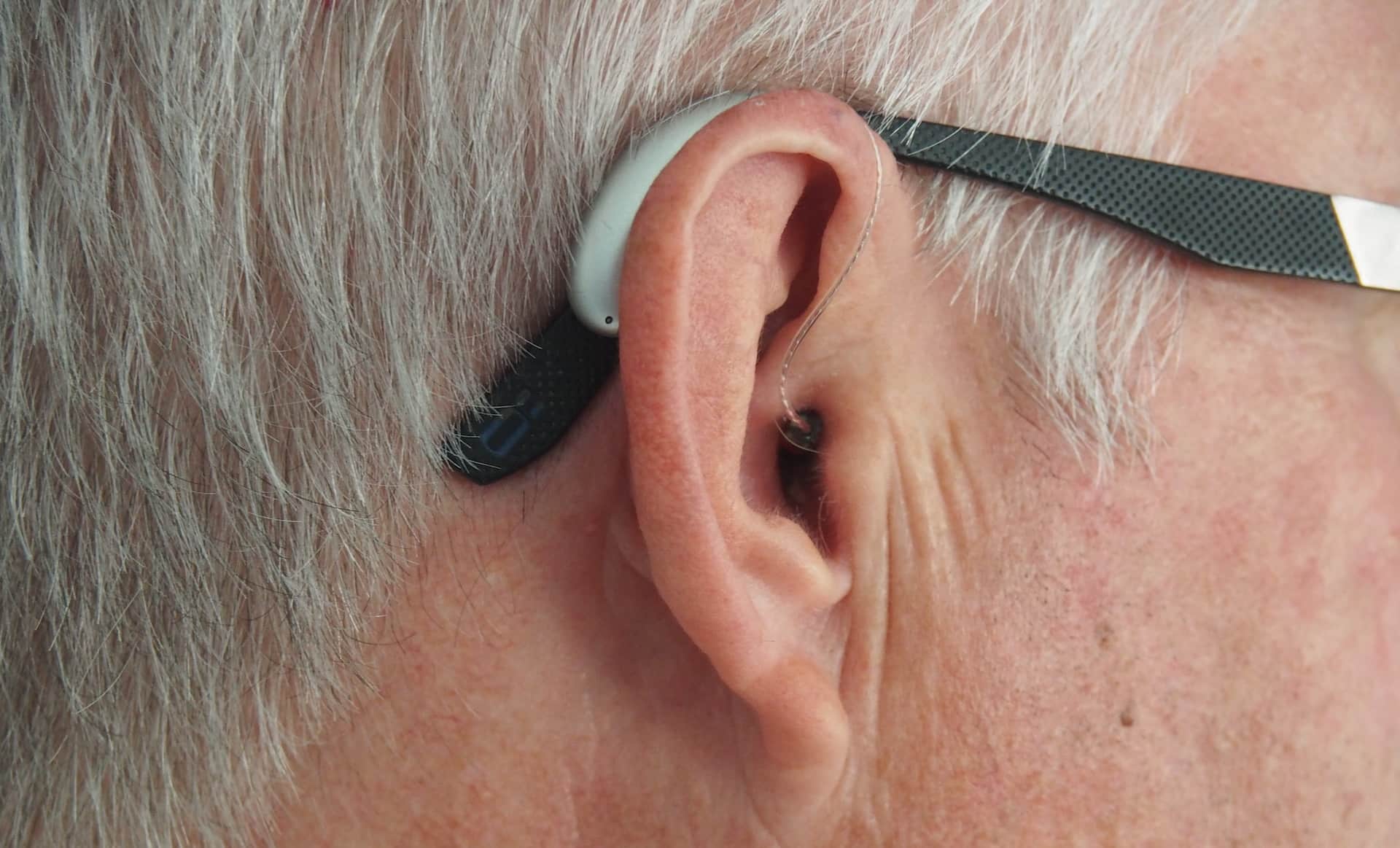From Harvard Health to UCLA Health to the Washington Post, we are linking three articles supporting the idea that using hearing aids may help prevent and reduce your risk of dementia!
If you want to hear something crazy.. these three sources include tidbits such as:
- Age-related hearing loss nearly doubles the risk for dementia, accounting for 800,000 of the nearly 10 million new cases of dementia diagnosed every year!
- The use of hearing aids can reduce the risk of cognitive decline by about half — 48 percent — for adults with more risk factors for dementia, such as elevated blood pressure, higher rates of diabetes, lower education and income, and those living alone. The study was presented at the Alzheimer’s Association International Conference in Amsterdam.
- Of the 28 million adults in the US who could benefit from hearing aids, only 30% of adults 70 and older have ever used them. Researchers continue to uncover evidence that hearing loss is a risk factor for dementia. But they’ve also discovered that the likelihood of developing dementia is lower for people wearing hearing aids.
- Your brain gets smaller with age. But research shows that hearing loss causes the brain to atrophy (deteriorate) faster, interfering with brain function. Dementia is just one symptom of brain atrophy.
And, in many cases, people don’t realize whether or not they have hearing loss, so clearly a first step is getting your hearing checked if you don’t know where your hearing level is.
A hearing evaluation tests many aspects of your hearing. Your testing may include:
- Acoustic reflex measures, also called middle ear reflex (MEMR), test your response to loud sounds.
- Pure-tone tests, or audiometry, look for the quietest tones you can hear at different pitches.
- Speech and word recognition tests check to see if you can hear spoken words.
- Tuning fork tests identify what type of hearing loss you have, and which ears it affects.
- Tympanometry tests check to see if you have any medical issues in your ears such as fluid buildup, infection or an eardrum tear.
Your testing may show that you have one of three types of hearing loss:
- Conductive hearing loss is temporary and treatable, caused by a blockage in your ear such as from fluid or infection.
- Sensorineural hearing loss, or nerve deafness, can range from mild to severe and results from a problem with your ear’s structure or nerves.
- Mixed hearing loss means you have both conductive and sensorineural hearing loss.
Styles of hearing aids include:
- Behind-the-ear (BTE): A large plastic case houses all the electronics and sits behind your ear. It’s connected to a small earmold that fits into your ear canal.
- Receiver-in-the-canal (RIC): These hearing aids are smaller than BTE aids but also sit behind the ear. It’s attached to a wire with a small dome-shaped tip that sits inside your ear canal.
- In-the-ear (ITE): A custom-fit shell containing all the electronics sits in the outer ear.
- In-the-canal (ITC): These tiny hearing aids fit partly or entirely in the ear canal — all the electronics fit in the small, custom-fit shell.
For optimal comfort and hearing, have your aids fitted by a hearing specialist or audiologist. If you are considering over-the-counter, be aware that they are available with differing levels of customization.
https://www.washingtonpost.com/wellness/2023/07/19/hearing-loss-hearing-aids-dementia-study/
https://www.uclahealth.org/news/how-hearing-aids-may-help-you-prevent-dementia-2

